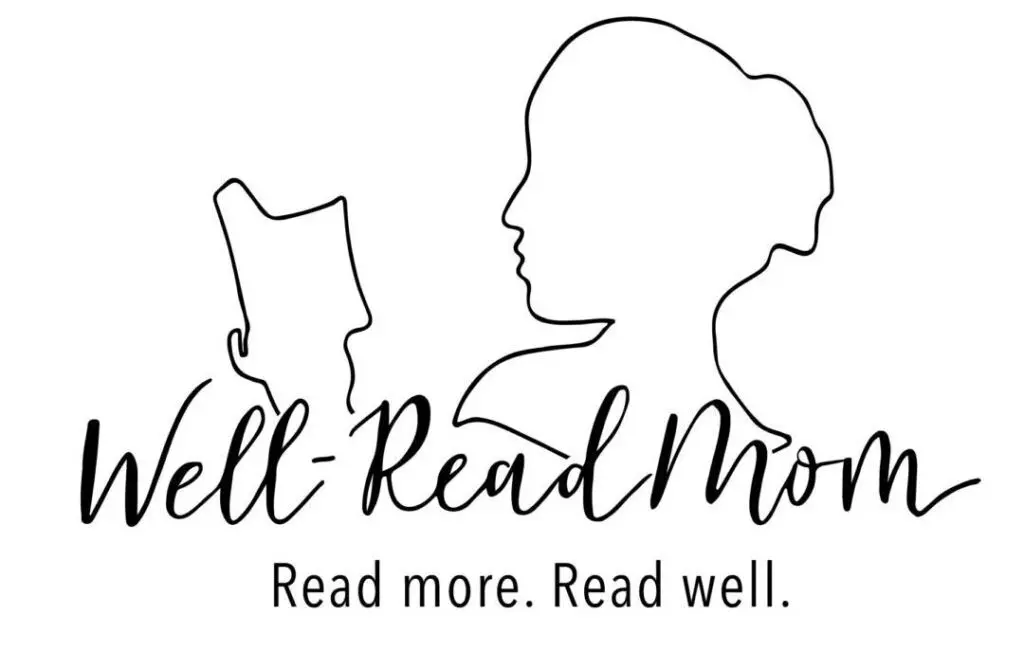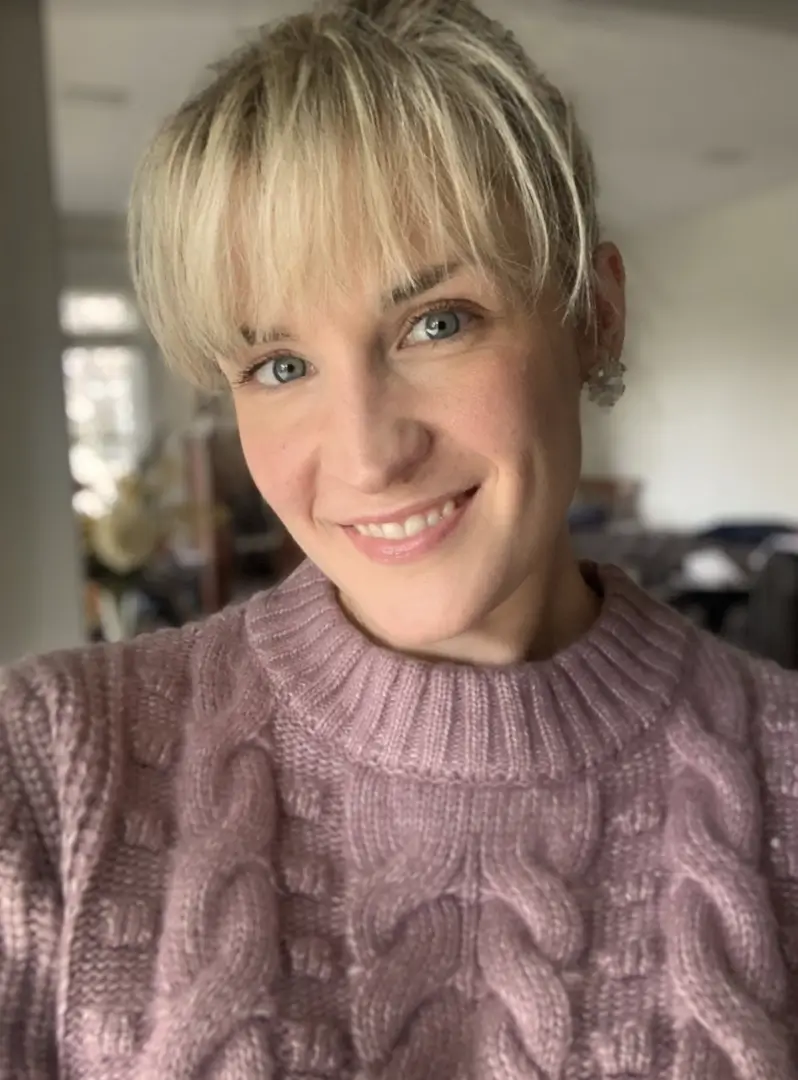The Ripple Effects of Reading
By Megan Keyser
Human beings were made for stories. From our earliest moments, nestled in the comforting arms of our family members, we delight in the telling of age-old fairytales and silly rhymes. We are fascinated by retellings of our birth, how our parents met, and other family lore. We gravitate toward stories, whether expressed through written word, through a movie screen, or within the lyrics of a song. We enjoy hearing the entertaining anecdotes of friends and recounting moments from our past. We empathize with each other through the sharing of our life experiences.
While all these story-telling forms are valuable, there is something particularly profound about those stories we encounter in literature. When we meet a worthy piece of literature that speaks to our moral imaginations and innate sense of beauty, we are compelled to employ all our mental faculties in deciphering the work and uncovering its significance and meaning. Simultaneously we immerse ourselves in a cascade of glorious language and diverse stylistic expression. Reading forces us to acclimate to another world—a world of the author’s making—and orient ourselves to his or her vision, which is why we often trudge through opening chapters, fumbling for clarity and comprehension as we plunge into this new, unknown realm. We must grapple with unique settings and varied periods in this literary sphere. We must meet new characters and seek to identify their temperaments and motives. We must examine hearts, but most importantly, we learn to understand our own better.

The beauty of literature lies in its transformative capacity. Words written on a page cannot promise spiritual transformation, but like a smoldering ember, they have the potential to ignite the human heart. This fire lights because stories do not merely relate truth but rather reverberate with it. While textbooks and data sheets might provide authentic and accurate information, stories can stir our souls, and the best stories infuse our hearts with a desire for the Ultimate Good. Stories speak to our emotions in conjunction with our rational minds. Stories allow us to place truth in the context of human experience and understanding. When we witness the playing out of virtue, goodness, and truth through relatable human situations, we equip ourselves to translate that truth to our own lives—especially if we allow that truth so beautifully and intricately communicated through a well-crafted tale to permeate our souls through continued and focused reflection.
When we read a truly great literary work, we open our hearts and minds to profundity and depth, and this depth necessitates pondering and rumination. That is why a meditative disposition lingers even when we set a book down to resume the daily duties of washing dishes, running errands, or prepping for business meetings. Like the lasting scent of incense, our literary musings hover in our minds, speaking to our souls. At the same time, we attend to human life’s inescapable responsibilities, thereby infusing beauty into the more menial aspects of earthly existence. Human life elevates itself through story-telling, as it urges us to recall the most important considerations: What is truth? What constitutes a life well-lived? What are our obligations to God and each other? How do we recognize beauty, goodness, or love? The list goes on.

These ponderings are brought to even greater fruition when we read together as friends, family, and community. When we read a story alongside others, we not only open ourselves to a shared experience of new worlds and people, but we also invite opportunities to discuss the most meaningful matters with our friends and, subsequently, enrich our relationships. When we wholeheartedly embrace a lifestyle of reading—and reading well—the joy we experience can be both exhilarating and inspiring. And the infectiousness of this vitality can be staggering: it often seeps through our hearts and spills out onto those around us. My recent and moving encounter with Kristin Lavransdatter had this same effect. Naturally, I found the saga intriguing and masterfully written, but Singrid Undset’s realistic, complex characters and spiritual insights truly captivated my mind. I perceived myself in Kristin’s persistent and often difficult temperament. Hence, her spiritual odyssey awakened my conscience in much-needed ways, but I also saw various elements of her marriage reflected in my own. Initially, I almost dismissed these considerations as fanciful. After seeing my enthusiasm for the novel, however, my husband chose to read it himself without hearing anything from me regarding any novel details. Then, one day last week, my husband called me: “I can’t believe it. When Kristin and Erlend fight… it’s so much like us. What Erlend says is exactly how I often feel.” I was floored. Like my own, my husband’s spiritual illumination was gained through a “mere” story—but not just any story: a story we shared. And because we experienced this literary journey together, we have been able to disclose our perspectives and intimate feelings more meaningfully with one another. So, by witnessing Kristin and Erlend’s story unfold, complete with all its heart-wrenching beauty and sobering regret, my marriage has been enriched and edified. The truth communicated to us as individuals was undoubtedly important, but as husband and wife, it has meant even more.
When we approach stories to discover the truth, simple letters on a page become powerful: they become a means of contemplation, renewal, inspiration, and hope. Story-telling—good story-telling—is more than mere entertainment: it opens us up to the possibility of something better, namely, the refining of the intellect, the illuminating of the spirit, and the refashioning of the heart. But these changes can only occur if we take the lessons learned within the pages and allow the meaning to permeate our lives. When we engage in reading with ready hearts, we make ourselves increasingly accessible to truth, beauty, and goodness. When we embark on a literary expedition together, we magnify the effect. As we prepare for another year with Well-Read Mom, may we toss our pebbles into the immense pool of literary magnificence—and watch the ripples form.
About Well-Read Mom
In Well-Read Mom, women read more and read well. Our hope is to deepen the awareness of meaning hidden in each woman’s daily life, elevate the cultural conversation, and revitalize reading literature from books. If you would like to have us help you select worthy reading material, we invite you to join and read along with us. We are better together! For information on how to start or join a Well-Read Mom group visit our website wellreadmom.com


